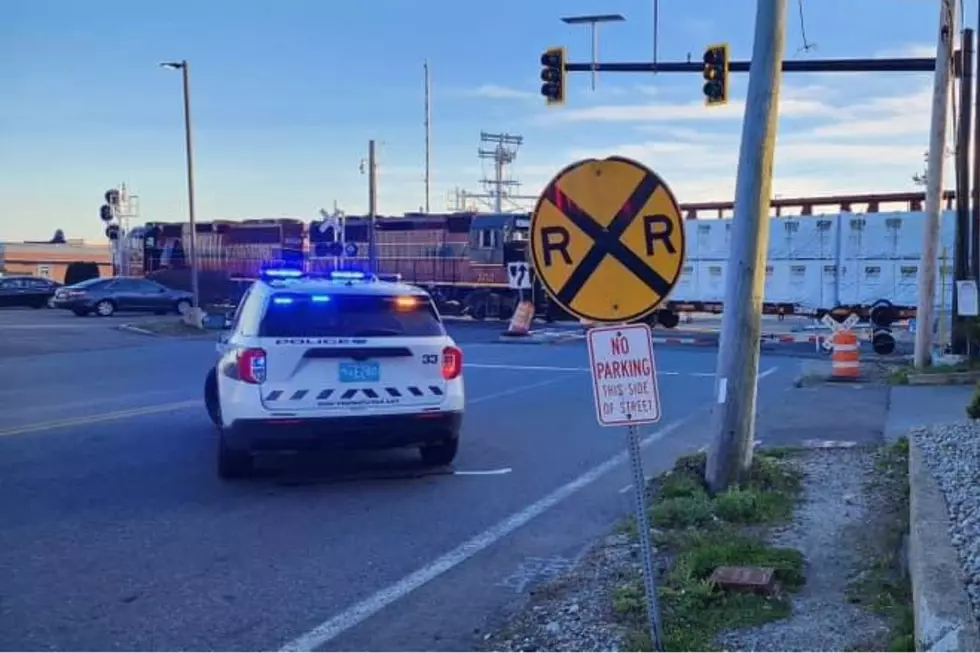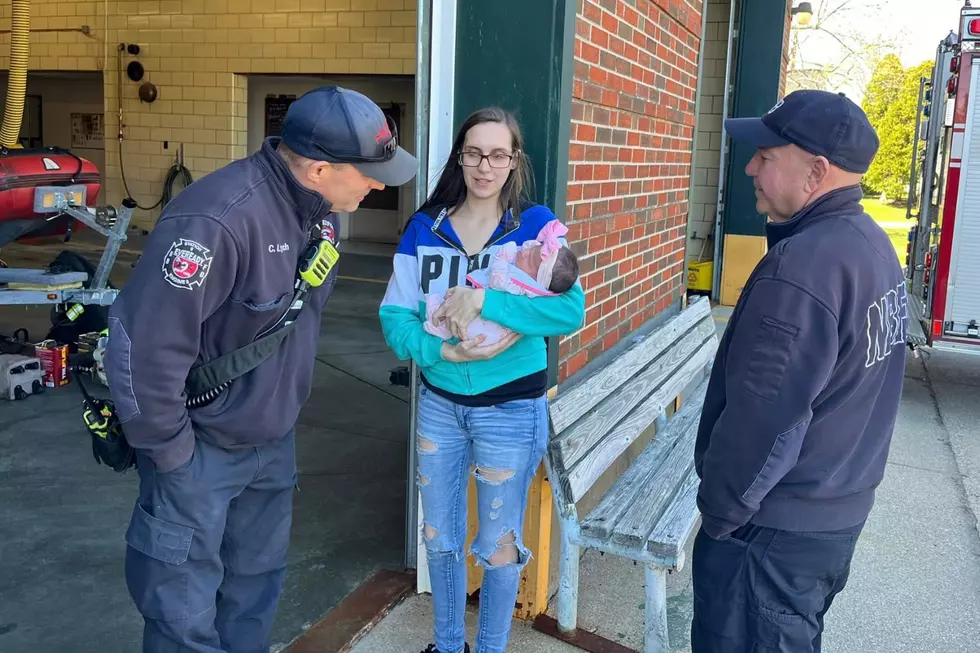
Cabral: Environmental Bond Bill Paves Way for More Resilient New Bedford
As chairman of the House Committee on Bonding, Capital Expenditures and State Assets, Representative Antonio F. D. Cabral (D-New Bedford) successfully added several provisions to the environmental bond bill that passed the House yesterday evening.
In the bond bill, Rep. Cabral reauthorized a $35 million authorization for the dredging of New Bedford Harbor so that the funding is available for future appropriation. Rep. Cabral also added a $330,000 authorization for infrastructure improvements to East Beach on East Rodney French Boulevard in New Bedford.
“As a coastal community, New Bedford requires its fair share of investment in order to effectively protect and sustain our infrastructure,” said Rep. Cabral. “The dredging of New Bedford Harbor has significant economic value, while our City’s beaches are important shared, accessible spaces that demand consistent reinvestment.”
The Complete Streets program, a grant program run by the Massachusetts Department of Transportation that Rep. Cabral helped establish in the 2014 transportation bond bill, received a $55 million authorization over a five-year term. The program will facilitate state-wide efforts to make transit routes safer and more accessible. Rep. Cabral added language to this year’s environmental bond bill, consistent with the 2014 transportation bond bill, requiring that 33% of the total grants go towards communities with the most need, i.e. municipalities where the median household income is lower than the state’s average. The bill also features a bond authorization of $75 million for the Municipal Vulnerability Preparedness grant program, which New Bedford recently benefitted from in support of its creation of a comprehensive climate change adaptation plan. Rep. Cabral also championed language to improve coordination efforts between state agencies and municipalities when implementing hazard mitigation and climate change adaption plans, and between utilities and municipalities when considering tree planting initiatives and potential gas leaks.
“Climate change is a large-scale issue that knows no bounds, which is why it is critical that we invest in these programs that guarantee coordination among all stakeholders,” explained Rep. Cabral.
The environmental bond bill passed by the House also features numerous accounts, including:
--$55 million for the Division of Ecological Restoration to implement river and wetland restoration programs;
--$50 million for the Department of Agricultural Resources to develop environmental and agriculture sustainability programs; and
--$20 million for the Department of Conservation and Recreation to facilitate natural resource restoration and protection.
The bill now moves to the Senate for further consideration.
--Rep. Cabral's Office
More From WBSM-AM/AM 1420









